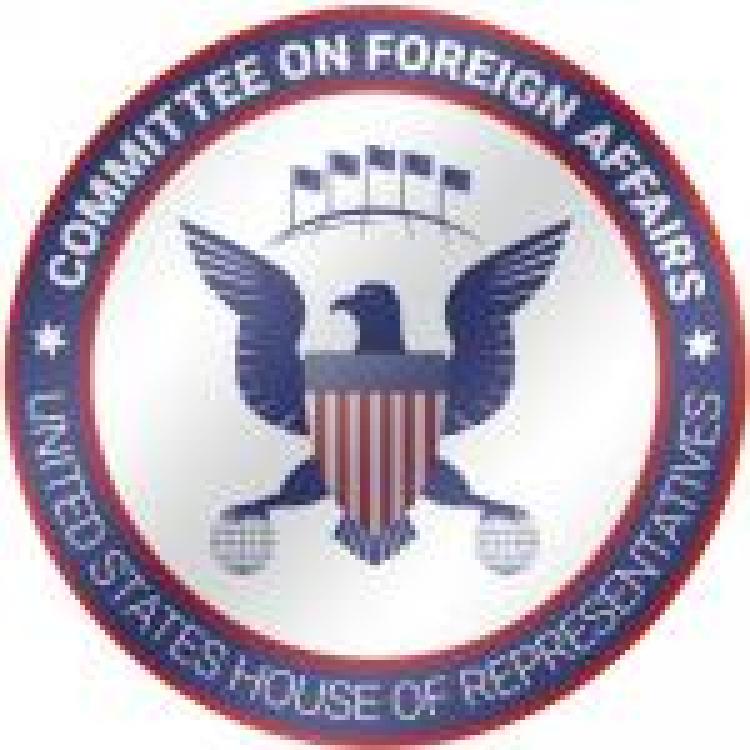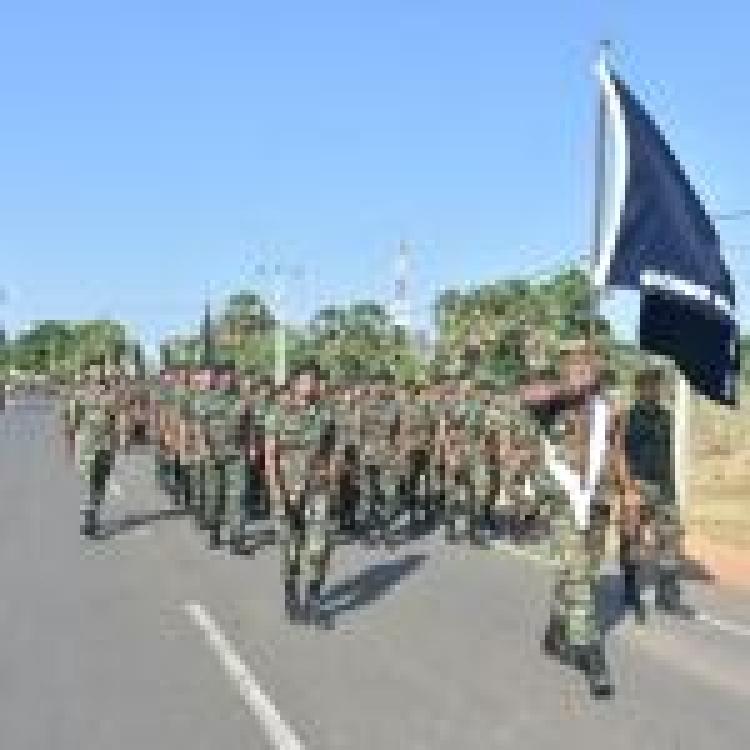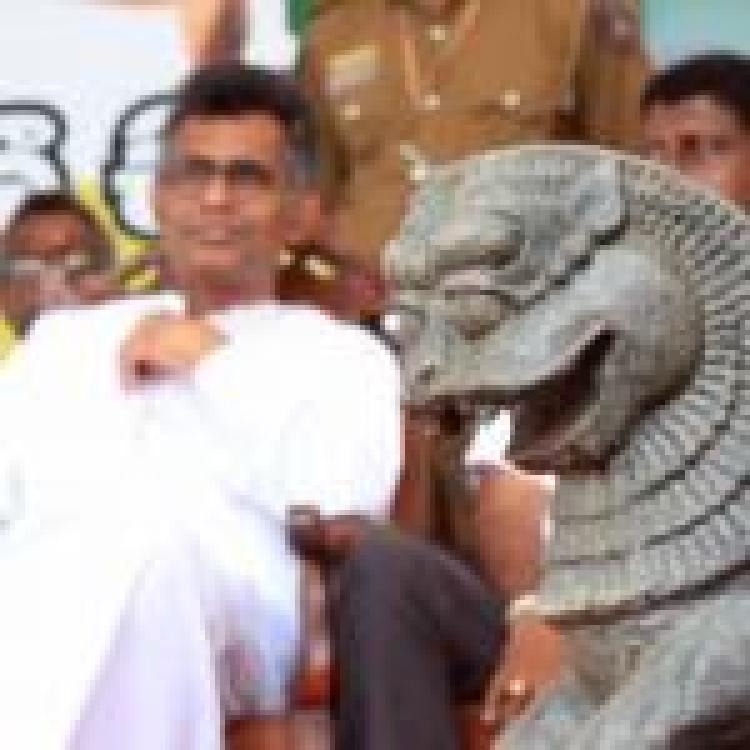![]()
United States Representatives from both main parties discussed the threat of radical Sinhala nationalism in Sri Lanka and the country's lack of progress on transitional justice during a briefing of the 'Congressional Caucus on Ethnic and Religious Freedom in Sri Lanka' held in Washington DC last month.
Caucus co-chair and Democratic Representative Danny K Davis warned “radical Sinhalese nationalism poses a serious threat to the stability of the country […] The Bodu Bala Sena (BBS) and other groups have violently challenged Christians, Muslims and Tamils”.
Pointing also to the encroachment of Sinhalese from the south of the country onto traditional Tamil and Muslim land, Davis stated that this encroachment “has increased in the last two years” and “could lead to an increase in violence in the country”.
"There is also a continued need to address needs of North and East," Davis added.
Fellow co-chair and Republican Congressman Bill Johnson pointed to the Sri Lankan government's commitment to fulfill the UN Human Rights Council resolution 30/1 and stressed "continued progress on transitional justice and accountability is needed".
The members of Congress were also joined by other experts and politicians, including the former UN Special Rapporteur on Torture, Juan Mendez, Canadian MP, Gary Anandasangaree, Universal Rights Group's Danica Damplo, and Amnesty International USA's Asia Pacific Manager, Francisco Bencosme.
Highlighting the lack of tangible progress in transitional justice, Bencosme stated that it has been a “decade since the end of war but culture of impunity persists; there is a glacial pace of transitional justice process which demonstrates a lack of genuine political will”.
He added that the government whilst committing to repealing the PTA in 2015 has failed to do so and “key government officials, including President Sirisena, have backtracked publicly on commitments” made in resolution 30/1.
Damplo stated that the lack of progress in terms of transitional justice is due to a preoccupation with public opinion. She maintains that the government “needs to show that transitional justice is not a competition between groups of people, but is necessary for all”.
The Caucus briefing, which took place just a few weeks after the Easter Sunday suicide bombings in Sri Lanka by Islamist extremists, also discussed with concern Colombo's call for greater militarisation of the island.
Francisco Bencosme, stated that “Sri Lanka needs to find ways to respond to attacks that do not further infringe on human rights”. This includes “seizures of property, face veil ban, restrictions on freedom of assembly and expression”.
Anandasangaree further stated that “we can’t allow Sri Lanka to use recent events to take a hard line on dissent”.
Read also: Champika proposes hard-line measures to "defeat Islamic radicalisation"
In addition to issues surrounding the right to certain land, UN Special Rapporteur on Torture, Juan Mendez commented on the continued and systematic use of torture and sexual violence; arbitrary detention of former LTTE combatants; and the lack of right to a lawyer. Mendez noted his shock at the “lack of judicial safeguards on arbitrary detention or torture” and stated that “judges and prosecutors rely almost totally on police evidence and confessions”.
Mendez reported that during his 2016 visit as UN Special Rapporteur on Torture; that the “end of the war did not signify an end to restrictions on all citizens”.
Anandasangaree's statement stressed the important role of the international community maintaining close scrutiny on Sri Lanka.
"No pro-active measures have been taken towards investigating war crimes and crimes against humanity," Anandasangaree said, adding that the crime of genocide was outside the scopy of the UN investigation.
“Just like Myanmar […] this matter should be taken to UN General Assembly and referred to ICC”. He further stated that “countries should exercise universal jurisdiction, utilize civil remedies, and travel bans” and the “US should also use the Magnitsky Act to seize property”.
Watch footage of the conference here and read Pearl's coverage here.




